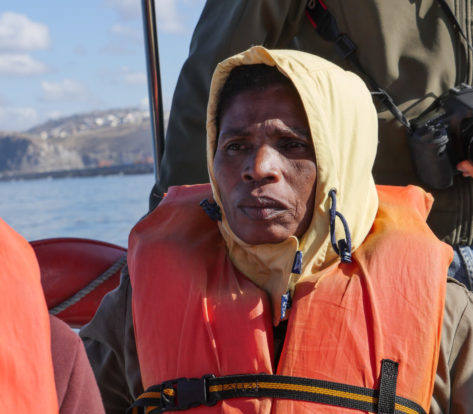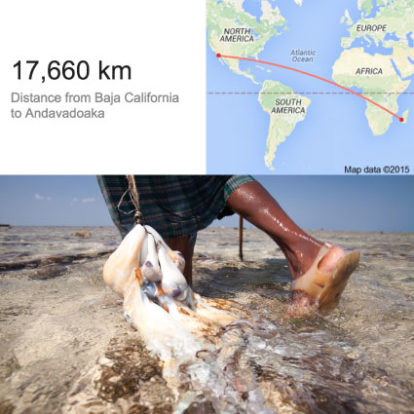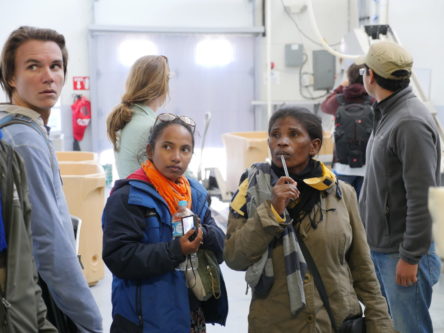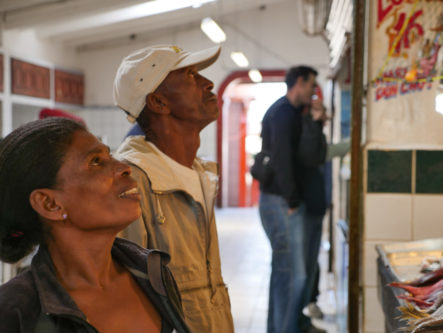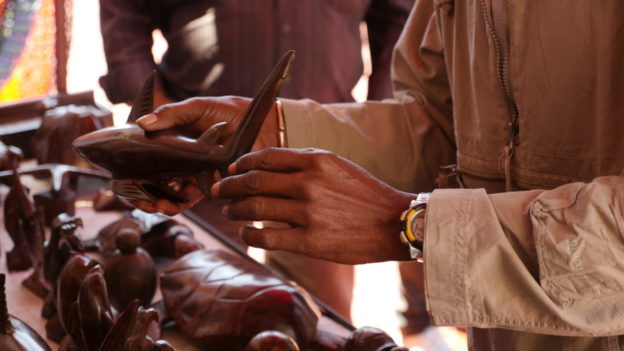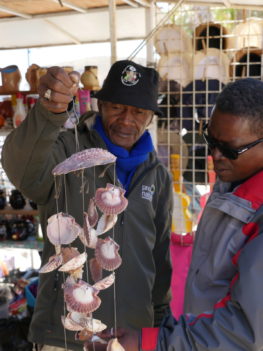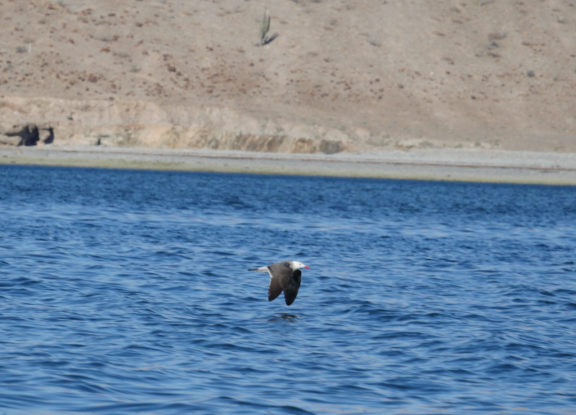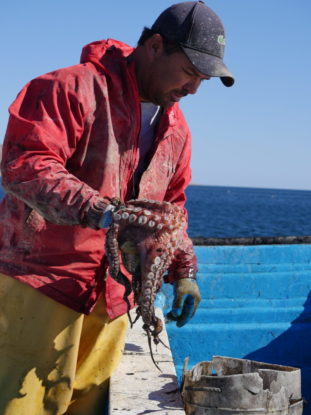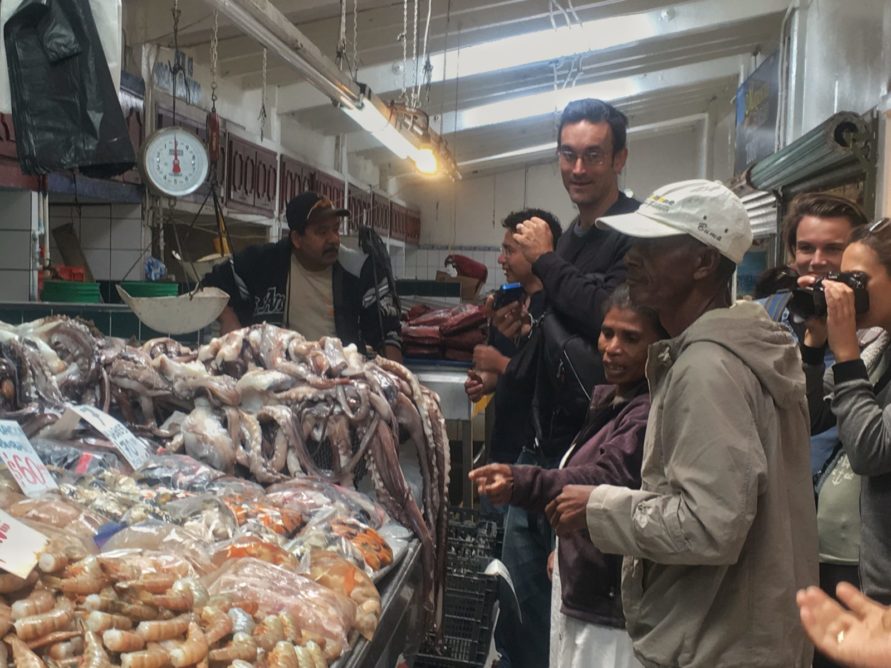The Velondriake Association in Southwest Madagascar is one of the pioneers of the community-based approach to management of marine resources in the Western Indian Ocean. With the support of Blue Ventures, the fishing communities in this association developed a successful model for octopus fishery management, based on temporary local closures of the octopus fishing grounds.
In August 2015, fishermen from Mozambique and Mexico came to visit Andavadoaka, a village in the centre of Velondriake, to learn how they manage their resources and how to replicate some of these practices in their countries. As part of the second leg of the Madagascar-Mexico exchange Felicia Fenomanana, one of the many active and dynamic women in the Velondriake Association, participated in the return exchange trip organized jointly by Blue Ventures and the Mexican conservation organizations Pronatura Noroeste and Smartfish Mexico.
This was Felicia’s first time travelling outside Madagascar and she was travelling especially to share her knowledge of octopus fishery management.
Before she left Mexico we asked her a few questions about the experience…
Tell us about yourself Felicia
I was born in Morombe, a town located 44 km north of the village of Andavadoaka where I currently live. I moved to Andavadoaka 30 years ago and get on well with the people there. I was a former member of the committee of the Velondriake Association and I am currently a focal point for the Ampela Tsy Magnavake group which is the gender mainstreaming movement. I make my living gleaning for octopus.
Why did you decide to participate in the fisher learning exchange?
I’m motivated by finding new ideas and experiences that I can use to convince my fellow fishers to change their unsustainable fishing practices, and to encourage progress towards sustainable management of the octopus fishery. Also, I wanted to see “andafy” (abroad) because I’d never been before and I’d heard it was very different to Madagascar!
Did you reach the goals you set when you chose to attend the exchange trip?
Travelling abroad is something that everyone desires in life, but the opportunities are very scarce and so it usually remains a dream.
As a representative of the women from Velondriake, I hoped to meet other women in the Mexican fishing community to share my experiences and learn from theirs.
In Bahia de Los Angeles [the town in Baja California, Mexico where the exchange took place], one of the main things that fascinated me was the way women developed handicrafts with local materials, including coconut shells and shellfish. Women in Bahia de Los Angeles are not involved in the fishery in the same way that we are in Andavadoaka. They participate in a bird monitoring program and contribute to awareness raising among their families, friends and even tourists about the conservation activities in the marine protected area.
Why was it so important to you to have a woman in the exchange?
Women are important in such trips. I want to show and share my involvement in the exchange to my peers because this was the purpose of travelling so far.
I have a strategy to have the women in Velondriake understand how different it is in Mexico.
I will first meet with the community to report what I have learnt here, explain to them what good things can be implemented and discuss if the ideas I saw can be introduced in our area. Discussions about their motivations will be an important part of this. If we agree on what to do, I would be pleased to lead and collaborate with partners to start the project.
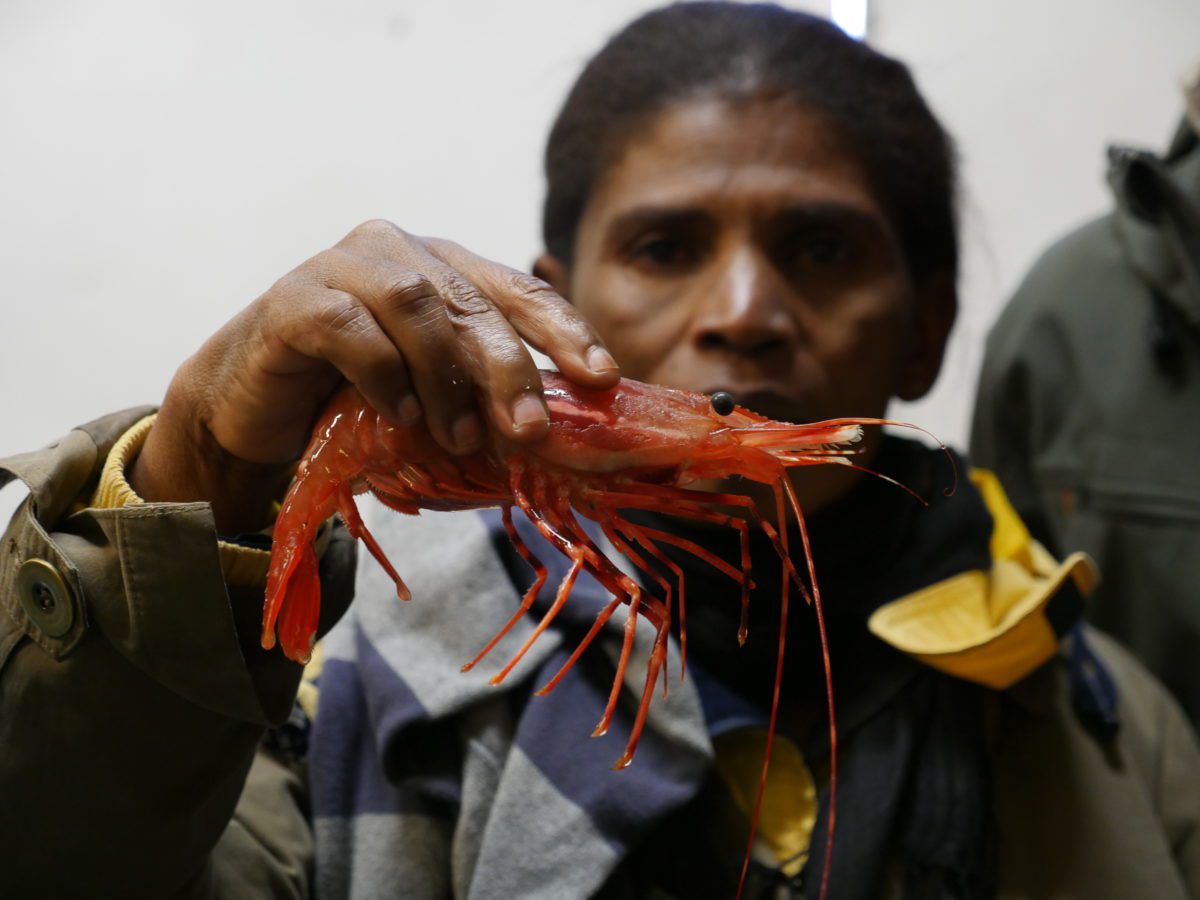
Felicia’s unique experience of Mexican fisheries adds to her leadership credentials
What did you learn from the exchange?
In Mexico, they have interesting ways to add value to their businesses. The octopuses are caught alive and are prepared before being sold to the local or export market. The bird monitoring [mentioned earlier] does not exist in Velondriake, but if such activities were introduced around our islands then maybe more tourists would come and visit. This would bring more income and alternatives to fishing. I don’t see a real barrier to making this happen. We just need the willingness to change habits and perseverance of the people who would be involved.
Do you have a message for your peers?
I have three messages to spread among my peers. First, we should try not to use unsustainable fishing practices because they risk destroying octopus habitat by damaging the reef. Second, laziness kills motivation! If people don’t come to the meetings, they won’t find out about the news, nor the opportunities that are open to us. Finally, we should care about our octopus fishery because it’s got us where we are today.
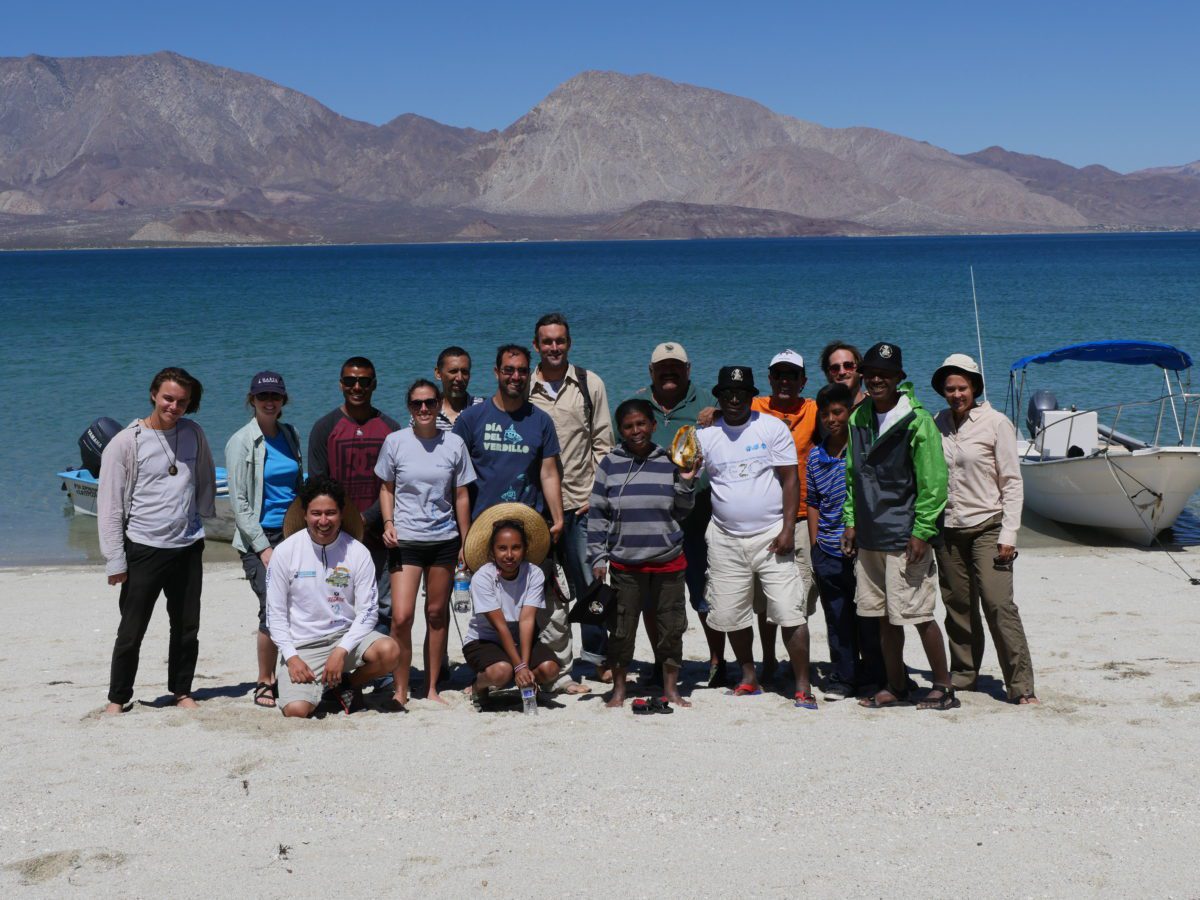
Madagascar and Mexico, united by their octopus fisheries and the desire to make them stronger and more sustainable through shared knowledge.
Watch the full story of this remarkable exchange, between two communities who travelled thousands of miles to learn from each other, in our short film, ‘Crossing The Ocean For Conservation – A Community Exchange’:
Blue Ventures would like to thank our partners in Mexico Pronatura Noroeste and Smartfish Mexico as well as The Leona M. and Harry B. Helmsley Charitable Trust for supporting this initiative.
Find out more about our work supporting partners and rebuilding fisheries.


